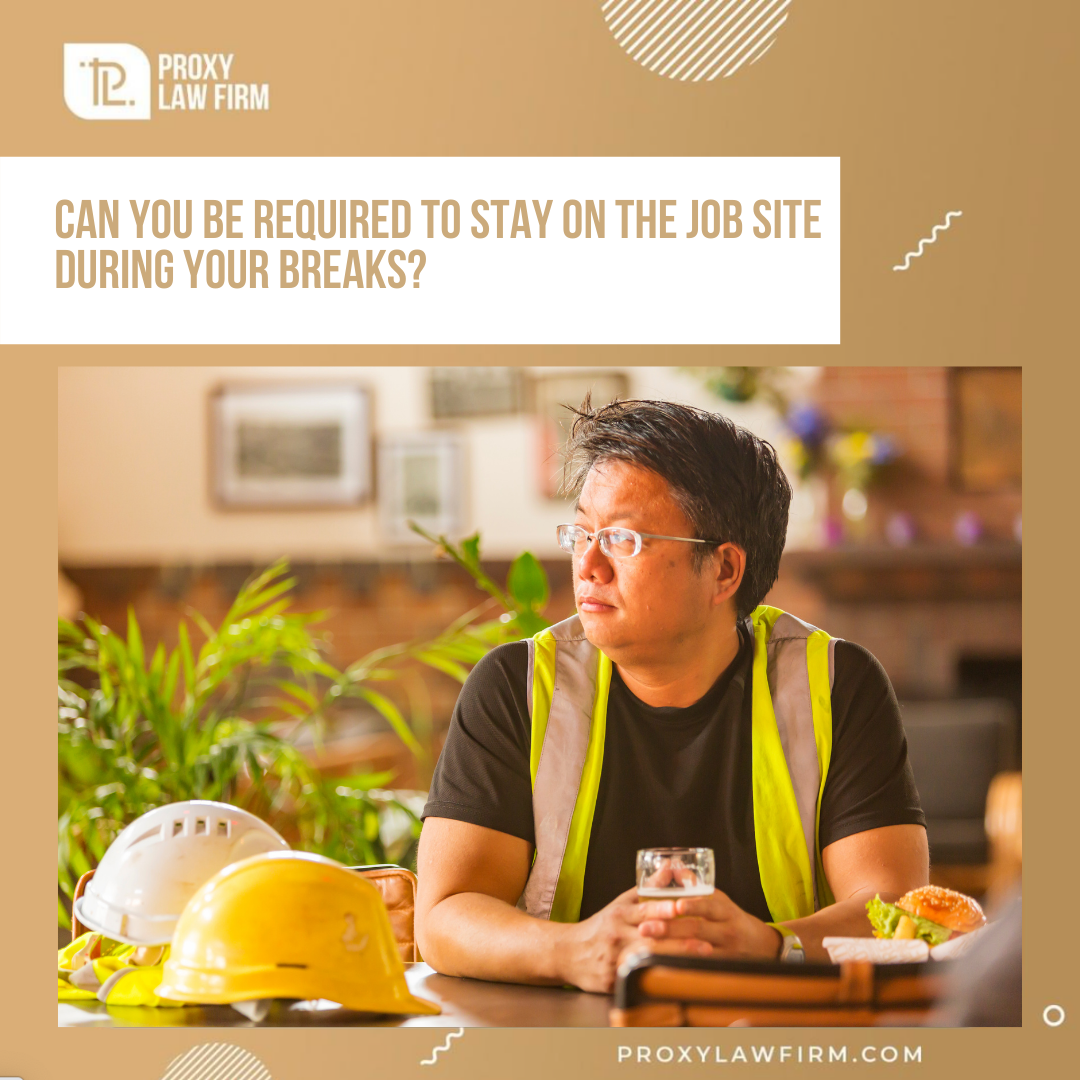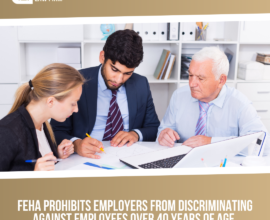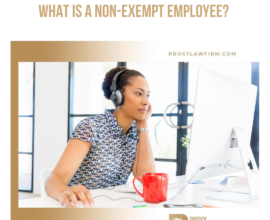Should You Stay On The Job Site During Your Breaks?
California laws prohibit an employer from forcing you to stay on-call during rest periods. This means they must relieve workers of all duties and have no control over how or where employees spend their breaks.
How do rest time and meal breaks work in California?
Under California law, employees are entitled to a 10 minute rest time after working four hours or more in a workday. Anything more than two hours is considered to be a “major fraction” of four.
When it comes to meal breaks, employees are entitled to a 30-minute lunch if they work more than 5 hours in a workday. If this goes up to more than 10 hours a day in a single workday, employees are entitled to a second 30-minute meal break.
Am I entitled to a break?
California overtime and break laws do not apply to exempt employees or independent contractors. Also, these laws do not apply to unionized employees in some industries that have collective bargaining agreements providing for meal breaks on different schedules.
Can an employer require that an employee stays on the work premises during their rest period?
No, employers can’t request or impose any restraints on employees’ rest periods. In Augustus v. ABM Security Services, Inc., 5 Cal.5th 257, 269(2016), the California Supreme Court concluded that a break “obligates employers to permit, and authorizes employees to take, off-duty rest periods. That is, during rest periods, employers must relieve employees of all duties and relinquish control over how employees spend their time.”
Can my employer be liable if they require me to work or be “on-call” during my meal or rest break?
Yes. Employers can be held liable for requiring employees to be “on-call” during a meal or rest break and owe their employees 1 hour of regular pay rate for each break that the employee was denied.





